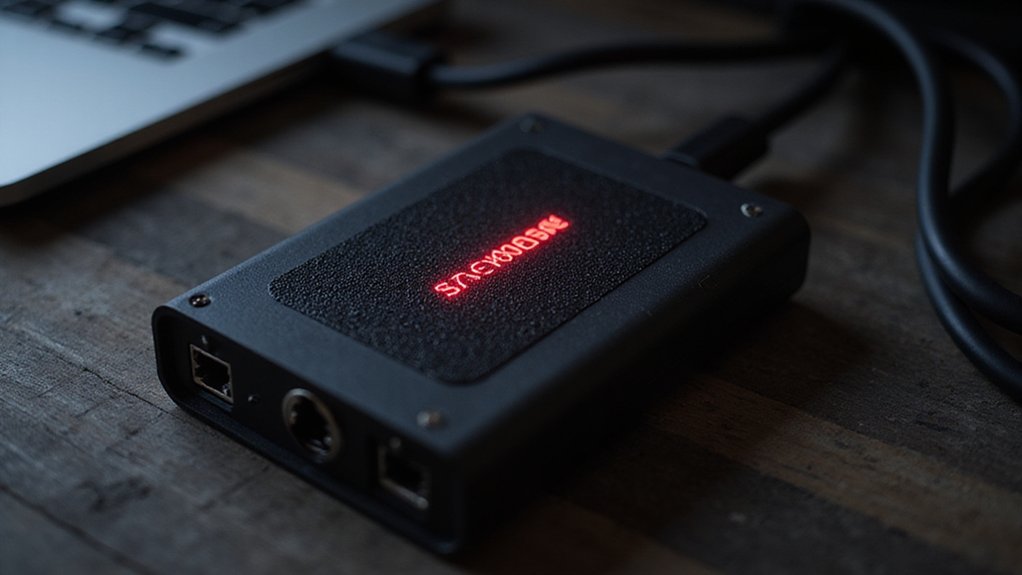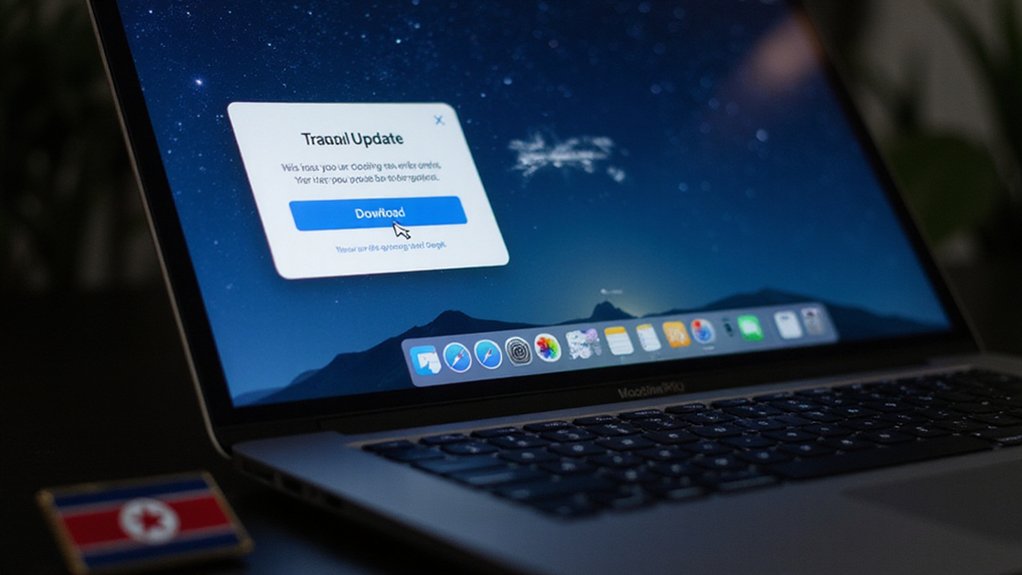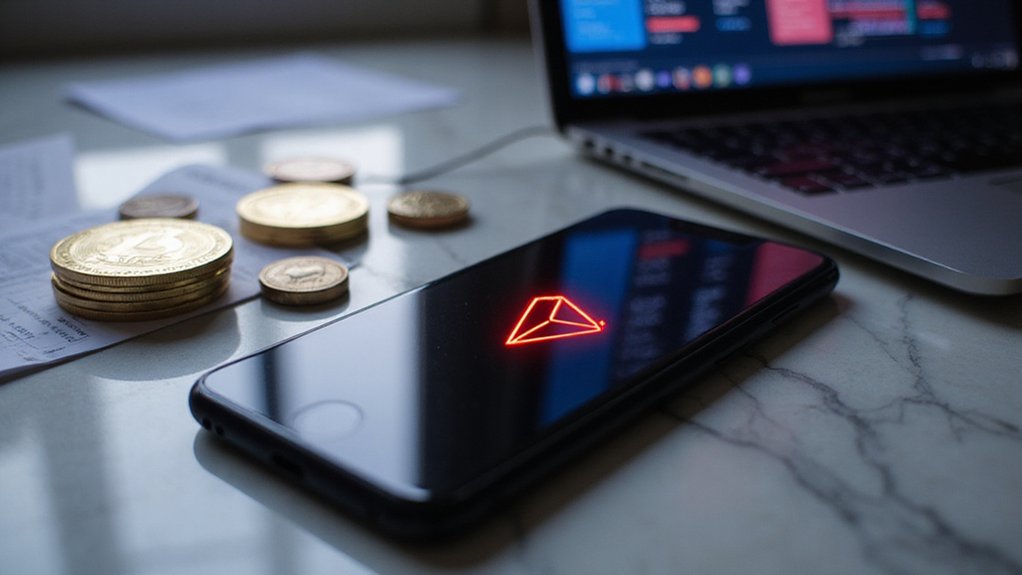When Elon Musk introduced XChat as X’s answer to encrypted messaging juggernauts like Signal and WhatsApp, he touted its “Bitcoin-style” encryption and Rust-based architecture as revolutionary advances in digital privacy.
This characterization would be more compelling if the platform’s private keys weren’t stored on X’s own servers, effectively undermining the fundamental principle of end-to-end encryption.
The irony runs deeper than merely misappropriating Bitcoin terminology.
Bitcoin’s blockchain operates through public key cryptography and digital signatures rather than traditional encryption, making Musk’s “Bitcoin-style” descriptor either fundamentally misunderstood or deliberately misleading marketing vernacular.
Musk’s Bitcoin-style encryption claims reveal either a fundamental misunderstanding of cryptographic principles or calculated marketing deception.
True end-to-end encryption guarantees that only communicating parties can decrypt messages, with private keys remaining exclusively on user devices—a standard that XChat spectacularly fails to meet.
Security experts have expressed particular concern about XChat’s vulnerability to man-in-the-middle attacks, a weakness that stems directly from its server-based key storage system.
When users enter their PIN, private keys become accessible to X’s infrastructure, creating potential attack vectors that simply don’t exist in properly implemented encrypted platforms.
This architectural choice transforms what should be impenetrable private communications into messages theoretically accessible to anyone with server access.
Bitcoin expert Samson Mow highlighted the fundamental inaccuracies in XChat’s encryption claims, further undermining confidence in the platform’s technical foundation.
The Rust programming language foundation, while offering legitimate advantages in memory safety and performance, cannot compensate for fundamental cryptographic design flaws.
Features like vanishing messages and cross-platform file sharing represent aesthetic improvements rather than security enhancements when the underlying encryption model remains compromised.
XChat also includes audio and video calling functionality that operates without requiring users’ phone numbers, marking a departure from traditional messaging platforms.
Professional crypto auditing services routinely identify such fundamental security vulnerabilities in cryptocurrency and blockchain-related platforms.
XChat’s beta rollout has encountered predictable scalability issues and service instabilities—problems that pale beside the platform’s core security shortcomings.
Users accustomed to Signal’s robust encryption or iMessage’s seamless privacy protections may find XChat’s promises hollow, particularly given the growing scrutiny of data privacy practices across social media platforms.
The broader question remains whether XChat represents genuine innovation or merely another attempt to capture market share through buzzword-heavy marketing.
Given the platform’s current architecture, users seeking truly private communications would be well-advised to maintain their existing encrypted messaging solutions rather than trust their sensitive conversations to X’s servers, regardless of how “Bitcoin-inspired” the underlying technology purports to be.









